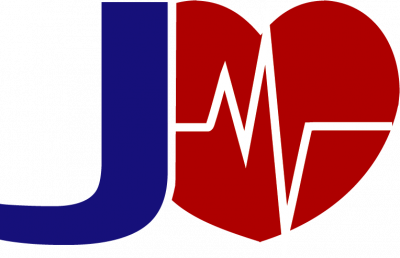Exercise and Cardiovascular Health
Last updated: 6 Aug 2024 | 3591 Views |


![]()
Exercise and Cardiovascular Health
Coronary heart disease (CHD) is the leading cause of death and disease in the United States. Although regular exercise can reduce the risk of cardiovascular disease (CV) such as CHD and high blood pressure (hypertension) Many people do not exercise. Fitness is important to cardiovascular health. and survival Behavioral changes that lead to CV can reduce heart disease. such as eating a low-fat diet aerobic exercise stress control smoking cessation And supporting people who are actively exercising have a 45% lower risk of heart disease than those who do not exercise. Exercise helps men and women. both children and adults As well as different races and ethnic groups, exercise also reduces the risk of stroke, metabolic syndrome, and type 2 diabetes. Metabolic syndrome is a group of risk factors that lead to atherosclerosis. strong
How does exercise affect cardiovascular health?
High-intensity exercise programs improve cardiovascular risk factors, such as high blood pressure. being overweight low bone calcium levels (osteoporosis) and insulin sensitivity (diabetes). Regular exercise lowers blood pressure. Exercise reduces the heart's need for oxygen. and the heart doesn't have to work hard Aerobic exercise improves breathing. heart rate and strength lungs and heart as well as muscles Firming exercise increases the positive effect of a low-fat, low-cholesterol diet on blood lipids (fats), which help harden the arteries. It is also proven to burn carbohydrates, especially in overweight people.
What exercises affect cardiovascular health?
Exercise that helps maintain health heart and blood vessels including sports Conditioning exercises or training and gardening. Aerobic exercise is good for cardiovascular health, especially for example walking, dancing, swimming, jogging, cycling and playing tennis. Yoga may lower blood pressure nearly as much as moderate intensity aerobics.
How should I exercise?
Exercise should be enjoyable, whether in a group or solo, and should fit into a regular schedule. It's important to ask the doctor who made the plan. The new guidelines for adults ages 18-64 recommend 2.5 hours a week of moderate-intensity activity or 1.25 hours per week of aerobic exercise. Activity Intervals should be at least 10 minutes. The best exercise regimen may involve several short strenuous exercises, which may help the elderly. People with heart disease may exercise light to moderate gardening, walking, running, cycling, rowing, swimming, and treadmills. They need a warm-up. and longer cooldown take longer than healthy ones Exercise should last for 10–20 minutes or even 2-6 minutes, alternating with 1-2 minutes of rest. The exercise time may then be slowly increased to 20-40 minutes per cycle.

should not![]() Consult your doctor before starting any exercise program with gram.
Consult your doctor before starting any exercise program with gram.![]() Make exercise a habit exercise with friends Choose an exercise that is fun and enjoyable.
Make exercise a habit exercise with friends Choose an exercise that is fun and enjoyable.![]() Do different activities so you don't get bored. For example, walk one day and swim the next.
Do different activities so you don't get bored. For example, walk one day and swim the next.![]() Don't exercise risky, painful, switch to swimming, it's easier if you have arthritis.
Don't exercise risky, painful, switch to swimming, it's easier if you have arthritis.![]() Don't be discouraged and give up. It may take a long time before the benefits of exercise are seen. Which congenital heart defect is defined by narrowing of blood vessels? increase the workload of the lower left heart
Don't be discouraged and give up. It may take a long time before the benefits of exercise are seen. Which congenital heart defect is defined by narrowing of blood vessels? increase the workload of the lower left heart

Related content
Electrical Injury
15 Feb 2023
Laryngitis
19 Jul 2023
Mushroom poisoning
6 Oct 2025
Child safety
30 Sep 2025















